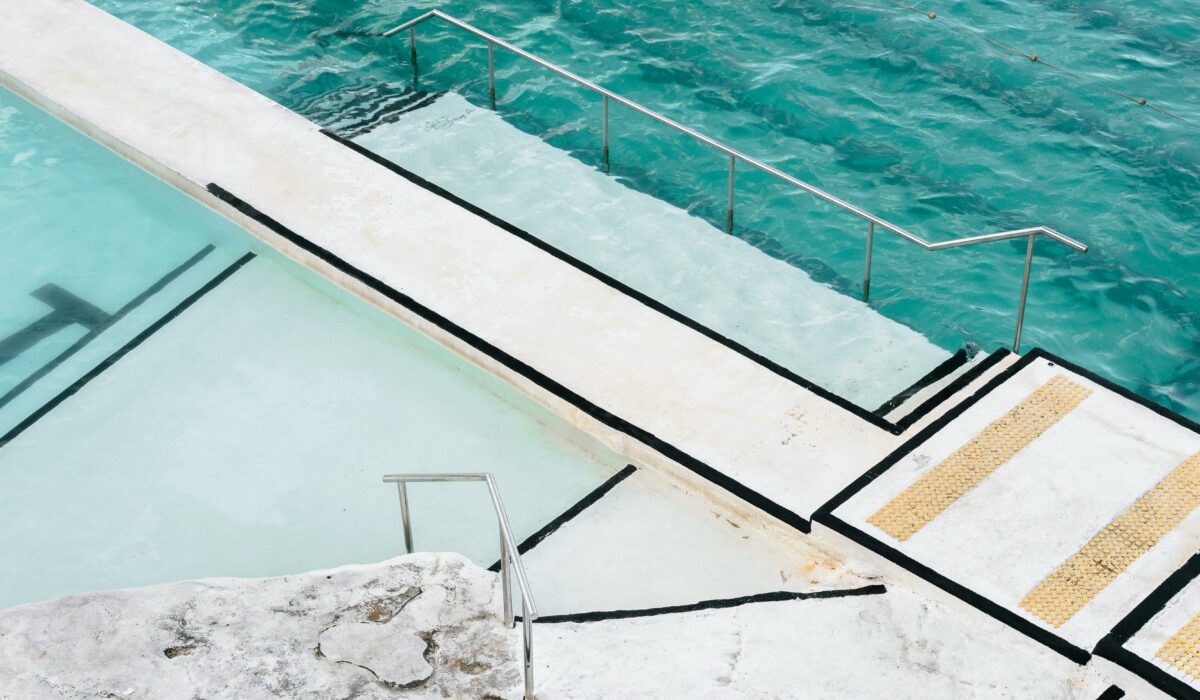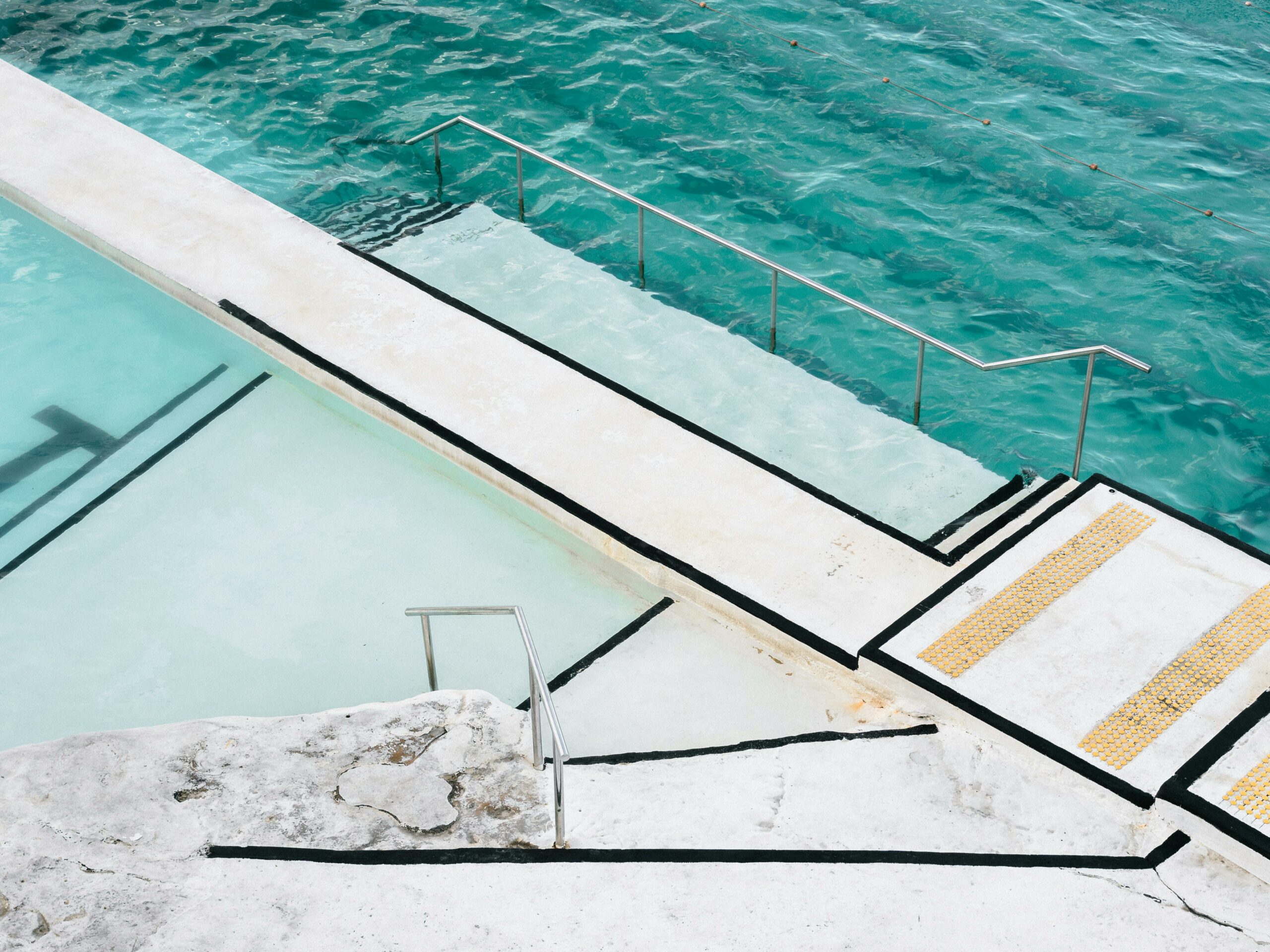Taking care of your pool is important to ensure a healthy and enjoyable swimming environment. With proactive pool care, you can maintain crystal-clear water, extend the life of your pool equipment, and prevent common issues before they become expensive problems. Whether you’re a new pool owner or an experienced one, developing a proactive routine can save you time, money, and effort in the long run. It’s all about staying ahead and keeping your pool in its best possible condition.
Proactive pool care goes beyond simply skimming the surface and adjusting chemicals. It’s about understanding your pool’s unique needs, anticipating potential problems, and addressing them before they escalate. From regular cleaning routines to maintaining balanced water chemistry. Here are some of the ways to take care of your pool:
Why Proactive Pool Care Matters
A swimming pool is a valuable investment, and like any other investment, it requires care and maintenance. When you neglect your pool, algae growth, cloudy water, and malfunctioning equipment can quickly turn a refreshing retreat into a major headache. By being proactive with your pool care, you not only keep the water inviting but also prolong the lifespan of your pool and its components.
Proactive pool care helps you identify and address minor issues before they become significant. For example, regular inspections can alert you to small leaks that, if left untreated, can cause substantial damage over time. Maintaining your pool’s water chemistry also helps prevent issues like corrosion, scaling, and algae blooms, which can be both costly and time-consuming to fix.
Regular Cleaning and Maintenance
One of the cornerstones of proactive pool care is keeping a consistent cleaning routine. Even with the best filtration system, debris like leaves, bugs, and dirt can accumulate in your pool, leading to clogged filters and murky water. By skimming your pool daily and vacuuming weekly, you reduce the risk of debris buildup. Regular brushing of the walls and floor prevents algae growth and keeps surfaces smooth.
Make sure to clean the pool filter regularly as well. A dirty filter can impede water circulation and allow contaminants to thrive. Depending on the type of filter you have—sand, cartridge, or diatomaceous earth (DE)—each will require different cleaning methods and schedules. Keeping your filter clean ensures that it functions optimally and keeps your pool water fresh.
Water Circulation and Filtration
Proper water circulation is crucial for a healthy pool. Without good circulation, your pool can develop “dead spots” where debris accumulates and algae can grow. Running your pool pump regularly helps to distribute chemicals evenly throughout the water and ensures effective filtration. Most experts recommend running your pump for at least 8 hours a day, especially during the summer when the pool is in heavy use.
In addition to using your pump, you can invest in automatic pool cleaners, which help move water around while collecting debris. Proper circulation helps to prevent water stagnation, which can lead to algae growth and other problems. Also, check your skimmer and pump baskets frequently and empty them as needed to keep everything running smoothly.
Balancing Pool Chemistry
Another critical component of proactive pool care is maintaining balanced water chemistry. Imbalanced chemicals can lead to a host of issues, such as eye and skin irritation, cloudy water, and algae growth. It can also damage your pool equipment and surfaces over time. There are three main elements to monitor when it comes to pool chemistry: pH levels, chlorine levels, and alkalinity.
- pH levels: The pH level measures how acidic or basic your pool water is. Ideally, it should fall between 7.2 and 7.6. If the pH is too high, the water becomes alkaline, which can cause scaling and make chlorine less effective. If it’s too low, the water becomes too acidic, leading to corrosion of pool equipment and irritation to swimmers.
- Chlorine levels: Chlorine helps kill bacteria and keep the water sanitized. Aim for a chlorine level between 1.0 and 3.0 parts per million (ppm). Too little chlorine can result in cloudy water and bacterial growth, while too much chlorine can cause eye irritation and a strong chemical odor.
- Alkalinity: Total alkalinity should be maintained between 80 and 120 ppm. Alkalinity acts as a buffer for pH levels, helping to prevent rapid fluctuations. Keeping alkalinity in check will make it easier to manage the pH balance of your pool.
By testing your water regularly for at least once a week and adjusting chemicals accordingly, you’ll avoid many of the problems associated with poor water chemistry.
Preventing Algae Growth
Algae can turn your sparkling pool into a green, murky mess in no time. It thrives in warm, stagnant water and can be a challenge to get rid of once it takes hold. The best way to prevent algae growth is through proactive pool care—keeping your water circulating, maintaining proper chemical levels, and cleaning your pool regularly.
Algaecides can be used as a preventive measure to keep algae from growing, especially during the hotter months when the risk is higher. However, it’s important to balance their use with proper water chemistry. Too much algaecide can cause foaming and other issues, so use it sparingly and according to the manufacturer’s recommendations.
Addressing Equipment Maintenance
Your pool’s equipment, such as the pump, filter, and heater, plays a significant role in keeping your pool clean and functional. Being proactive about equipment maintenance ensures that your pool runs efficiently and avoids costly repairs. Regularly inspect your equipment for signs of wear and tear, such as leaks, unusual noises, or decreased performance.
Lubricate the O-rings on your pump and filter to prevent leaks and keep them running smoothly. If your heater isn’t working correctly, troubleshoot the issue immediately—delaying repairs could result in more significant damage. By staying ahead of potential equipment problems, you save time and money in the long term.
Seasonal Pool Care
Depending on where you live, pool care needs may vary from season to season. In colder climates, winterizing your pool is essential to prevent damage from freezing temperatures. This involves lowering the water level, adding winterizing chemicals, and covering the pool. In warmer climates, you might need to adjust your chemical balance more frequently during the summer when the pool is used more often.
For all-season proactive pool care, keep an eye on the weather and adjust your maintenance routine accordingly. Rain, wind, and temperature changes can all impact your pool’s condition, so be prepared to take action when needed.
Pool Safety
Lastly, proactive pool care isn’t just about keeping the water clean—it’s also about safety. Ensure that pool covers are secure, fencing is in place, and life-saving equipment is readily available. Regularly inspect your pool for hazards like loose tiles, slippery surfaces, or malfunctioning drains. Keeping safety in mind will make your pool a relaxing and enjoyable environment for everyone.
By adopting a proactive approach to pool care, you’ll keep your pool in top shape and avoid costly repairs down the road. Regular cleaning, balanced water chemistry, equipment maintenance, and seasonal adjustments will ensure that your pool stays clean, safe, and inviting. With proactive pool care, you can enjoy a sparkling pool all year long without the stress of last-minute fixes or unpleasant surprises.






